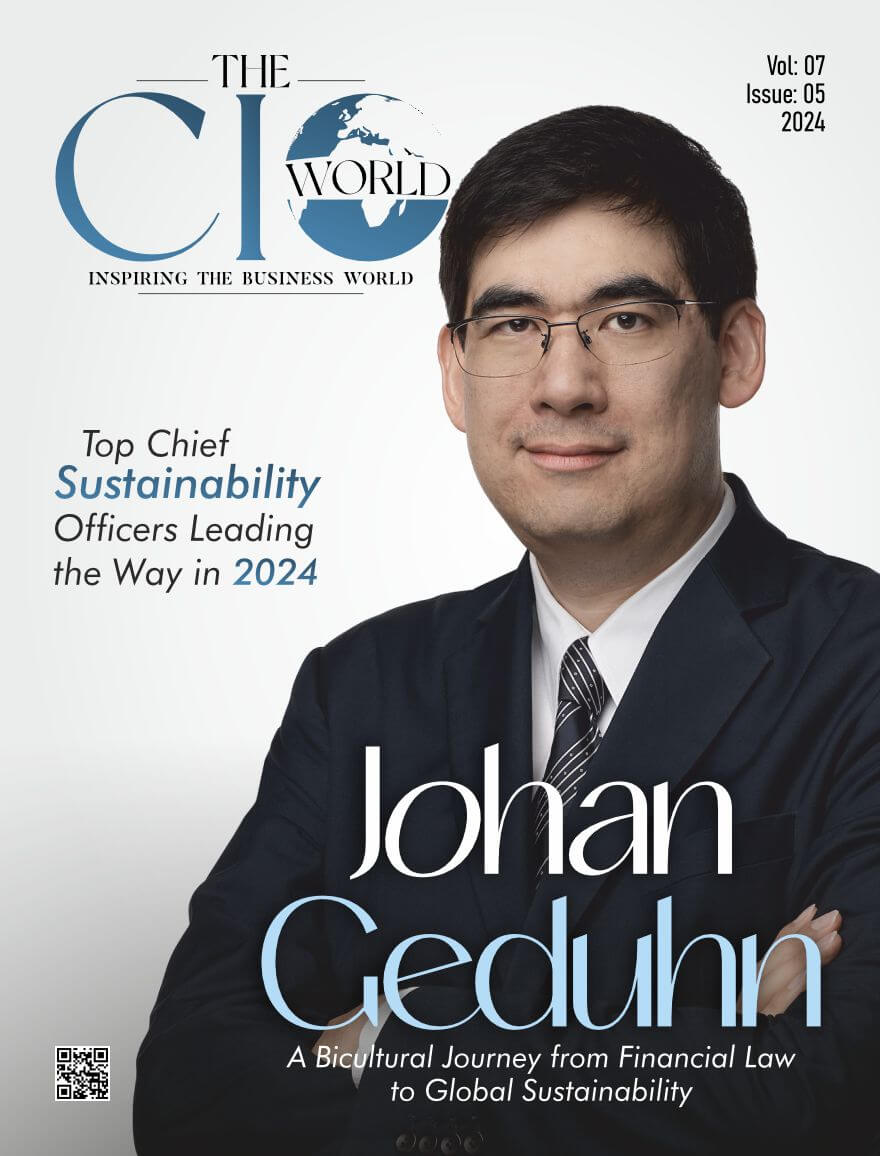According to a new collaboration supporting the upgrades, replacing a gas-leaking milk chiller will reduce a farm’s carbon footprint and operational costs.
In order to decrease the impact of its milk on the environment, Fonterra intends to convert hundreds of its farmers.
Raw milk needs to be quickly refrigerated below 6C within hours after collection in order to stop bacterial growth. The greenhouse gasses used in many of these chilling systems, however, are frequently thousands of times more powerful than carbon dioxide.
15% of this hydrofluorocarbon gas might leak out of older systems annually, scorching the planet and necessitating constant top-up payments from farmers.
Today, Fonterra announced that it has partnered with green investment funds and a New Zealand chilling company to provide milk chillers that are more environmentally and agriculturally friendly.
According to Fonterra, up to 200,000 tonnes of emissions—roughly a quarter of the greenhouse gas produced annually by the dairy giant’s coal boilers—leak out of outdated chillers. On the other hand, millions of tons of methane from cow burps dwarf this amount.
Farmers have put the new systems through their paces, according to Fonterra executive Anne Douglas.
“The reason I adore this answer so much is that there is a product out there that is far superior to its counterpart. It will carry out its duty.
Although they still use gases that heat the globe, current chillers have an 80% lower carbon impact than their predecessors. Douglas said they use less electricity.
The machinery moves heat from the milk into the water. On many dairy farms today, a separate device provides the hot water needed to clean milking sheds.
A large portion of the upgrade’s cost should be covered by the two-in-one system’s expected hundreds of dollars in savings on energy bills, maintenance, and gas top-ups for farms.
According to Douglas, many farmers nowadays are searching for every opportunity to save money.
Read More: https://thecioworld.com/







